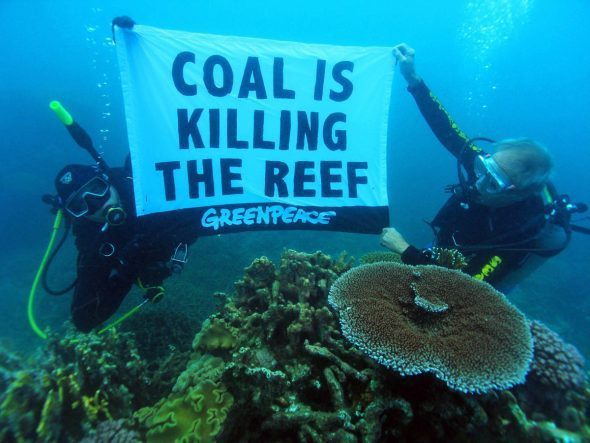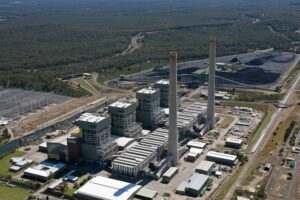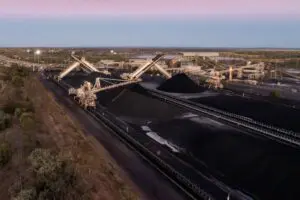Fresh from using the Marrakech climate talks to lobby for the development of Carmichael coal mine – an effort that won Australia a “fossil of the day” award – federal energy minister Josh Frydenberg is touting his and the Queensland government’s progress on “protecting and improving” the Great Barrier Reef.
The Reef, which is set to be one of the biggest losers if the Carmichael coal mine in Queensland’s Galilee Basin goes ahead, has been making global headlines for all the wrong reasons, as coral bleaching and other detrimental effects of global warming cause the natural wonder untold damage.

But Frydenberg, in a joint media release with Queensland’s environment minister Steven Miles, said the state and federal governments were making “significant progress” on improving the health of the Reef, including through their joint $45 million investment in a program to improve water quality and reduce sediment run-off.
The joint program between government, the private sector, research institutions and conservation groups includes “scientific investigation” to understand the nature of gullies and the restorative activities required to fix them. Other work includes physical remediation, mulching, revegetation, fencing, native grass seed production and grazing land management improvements.
Frydneberg and Miles also promised they would provide an update, next month, to the World Heritage Centre on the “significant progress,” including “a factual summary” of progress made on “specific actions” of the Reef 2050 Plan, and an Investment Framework and update on the response to coral bleaching.
The ministers said their governments were proud of what had been achieved in the first 18 months of the 35 year plan, which would see a total of $2 billion spent on the Reef over the next decade.
“The first Reef 2050 Annual Report released earlier this year illustrates for UNESCO’s World Heritage Committee our staunch commitment to conserving this amazing natural asset,” Minister Frydenberg said.
“It showed we’ve already completed 29 of the plan’s 151 actions including an historic ban on the sea-based disposal of capital dredge material within the Great Barrier Reef Marine Park and World Heritage Area.”

Miles, who is also Queensland’s minister for the Reef, said early efforts under the plan would help to build its resilience.
“We have used legal and policy levers to improve water quality including new compliance measures on cane farming and grazing,” he said. “We have established a strong partnership approach based on the best available science and momentum is really building for a new era in Reef protection.”
But that science clearly does not include climate science, which rather inconveniently says that “the biggest threat to the (Great Barrier Reef) today, and to its ecosystems services, biodiversity, heritage values and tourism economy, is climate change, including warming sea temperatures, accelerating rates of sea level rise, changing weather patterns and ocean acidification.”
And what’s one of the key drivers of dangerous climate change? According to a November 2015 report from The Australia Institute, digging up and burning the 2.3 billion tonnes of coal contained in the deposit at Queensland’s Galilee Basin would effectively cancel out the pledged annual emission reductions of Australia, and for New Zealand nearly 10 times over – and that was before Australia ratified the Paris Climate agreement.

“The ambitious targets of the Paris Agreement are completely incompatible with opening up new fossil fuel projects,” said Greenpeace Australia Pacific reef campaigner, Shani Tager in October. “It’s absurd for Australia to give special privileges to a coal mine as the global agreement enters into force.
“Paving the way for Australia’s largest coal mine just after the reef has suffered the worst coral bleaching in its history is indefensible,” Tager said. “A project of this size, scale and controversy needs proper scrutiny, not to be pushed blindly through the approval process.”










